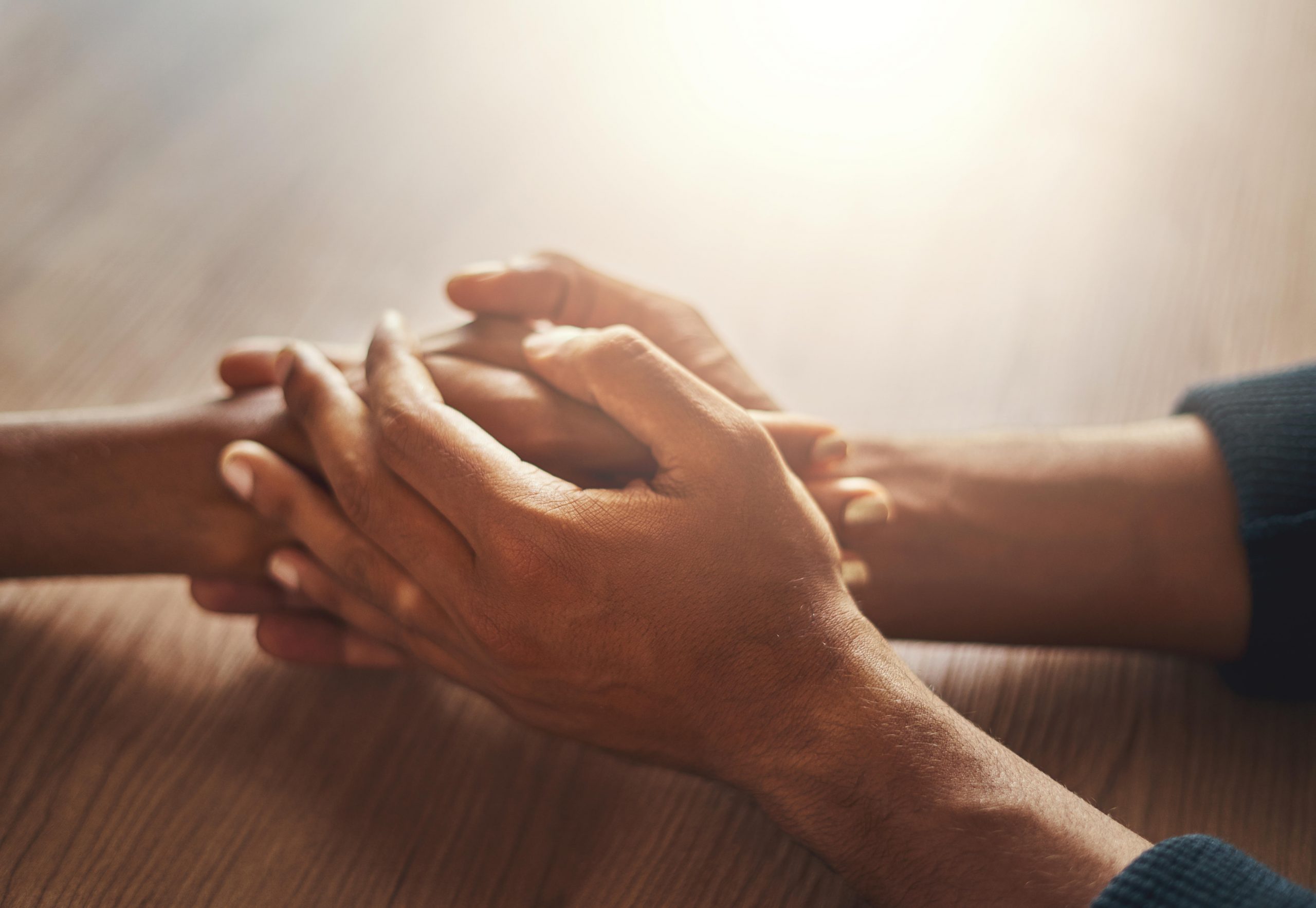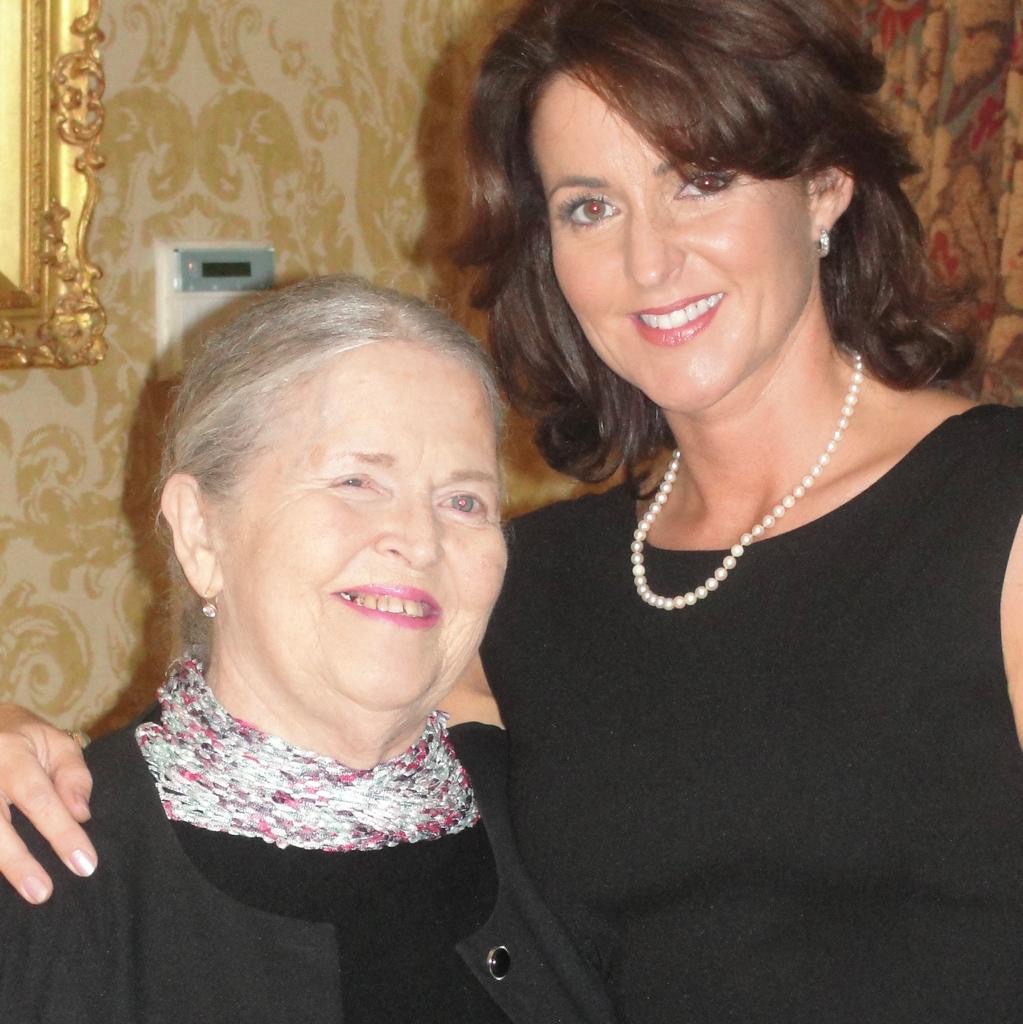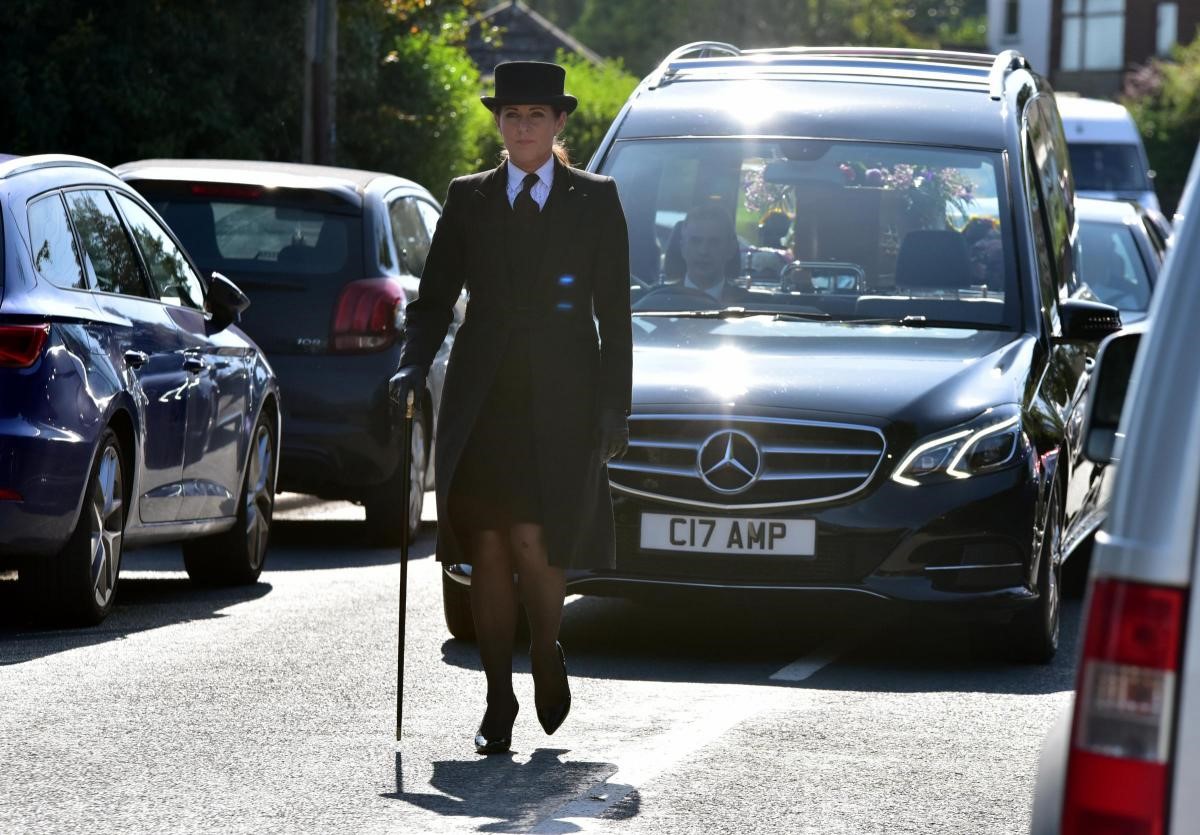'There's no right or wrong way to feel' Grief counsellor shares emotional open letter to those dealing with loss

Parenting advice, hot topics, best buys and family finance tips delivered straight to your inbox.
You are now subscribed
Your newsletter sign-up was successful
Lianna Champ has over 40 years’ experience in grief counselling and funeral care, and knows from personal experience just how isolating bereavement can be. In this open letter, she shares her advice for finding the words when you've lost a loved one.
I'm sorry for your loss... I know – you’ve heard that a million times.
Do these words actually help at times like this, when you’re in the depths of grief, having lost someone you loved? But others just don’t know what to say to people like you, who are grieving. They think that they are expected to find a solution, to make the pain go away.
In turn, you don’t always know what to say yourself when people call to express their condolences. You mumble ‘thank you’ or ‘it’s OK’ in an attempt to make them feel less awkward. In reality, you’ve never been further from OK.
I work as a grief specialist and funeral expert, and speak to dozens of people just like you every single day. And I want you to know it’s normal to feel all those things. In fact, there is no right or wrong way to cope after death. There are no ‘stages of grief’ you should expect to follow. I’m afraid it’s just not that black and white.
I’ve been where you are, too. I lost close friends as a teenager. One died suddenly, the other battled cancer. And my beloved mum Margaret died in 2011, aged 80. Floored by sadness, I thought that I would never recover. But those experiences taught me a lot. It showed me how isolating grief can be.

READ MORE: How to help your children grieve
Parenting advice, hot topics, best buys and family finance tips delivered straight to your inbox.
In happy times, people flock towards us, want to celebrate, share in our joy. But in times of hardship, it’s not so easy. They want to pick up the phone, send a message, but what can they say? Asking how you are feels daft. And prodding you to talk about your feelings seems intrusive. Still, don’t take it the wrong way, or assume people don’t care. They do.
What you need right now is a safe and confidential space. Somewhere you feel free to express your jumble of emotions. When you find that place, that person, whether it’s your partner, friend or sibling, ask them not to judge you or compare you to others, and to accept your words without question.

Every relationship is unique. Every loss is different. Talk about the person who passed. Say their name out loud, remember what made them special to you. Your physical relationship with them might have ended, but your emotional one will continue for as long as you’re alive. Nothing will be the same, and neither will you. But you will eventually find a new normal. You’ll learn from your loss.
Tell your people that you love them. Make peace with your conflicts. Life is not easy, but it’s not supposed to be. Without loss and trauma, we wouldn’t appreciate the good times. And there is so much to be grateful for.
Love, Lianna x
(Lianna Champ, 55, Ribble Valley)
Lianna Champ is the author of practical guide, How to Grieve Like A Champ (£9.99, Red Door Press).